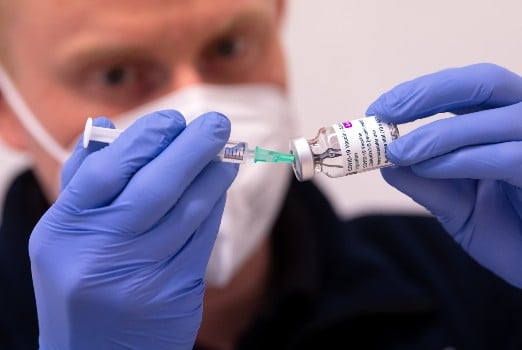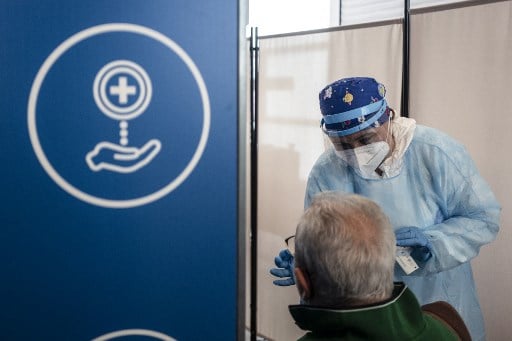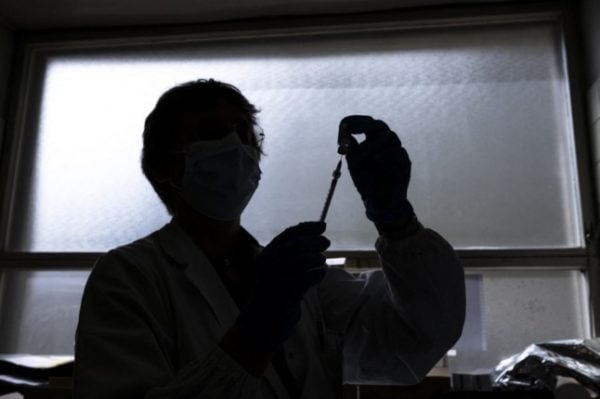Cracking the 40 million mark means that 48.1 percent of the total population has now received at least a first jab against the disease, according to data from the Robert Koch Institute (RKI) that was released on Saturday.
Some 21.35 million people have received both jabs while 60.1 million vaccine doses have been administered in Germany so far.
This week, for the first time, the million mark in daily vaccinations was cracked on three days, Health Minister Jens Spahn (CDU) wrote on Twitter. According to the RKI, about two-thirds of all vaccinations have been administered in vaccination centres, and one-third in doctors’ offices.
Among the states, Bremen continues to record the highest proportion of people with first-time vaccinations at 52.9 percent, with Saxony bringing up the rear at 43.0 percent.
Meanwhile Saarland has the highest proportion of residents with full coverage, at 30.4 percent, and has also administered the most vaccine doses per resident to date.
While the first five months of the vaccine programme were based on a priority list, since Monday everyone resident in the country can register themselves for a vaccine appointment.
Case rate continues to fall
Health authorities reported 1,911 new infections to the RKI on Saturday morning. A week ago that figure stood at 2,294 new infections. The seven-day incidence dropped lightly to 18.3 from 18.6 cases per 100,000 people on Friday.
Nationwide, 129 new deaths were recorded within 24 hours on Saturday.
Opposition plans inquiry into pandemic failures
Wolfgang Kubicki, deputy leader of the Free Democrats, has said his party will push for a Bundestag inquiry into the pandemic response after September’s national election.
“There needs to be a parliamentary review of this after the election,” Kubicki said on Saturday at a party convention. “That was the announcement of a committee of inquiry,” he confirmed when asked for clarification by a journalist.
Kubicki criticized, among other things, the purchase of “unfit masks” by Health Minister Jens Spahn (CDU). He said that the committee would also look into controversial aspects of the pandemic response including the government’s testing strategy and the disputes over whether intensive care units reached breaking point.
SEE ALSO: 7 things the Covid-19 crisis has taught us about Germany




 Please whitelist us to continue reading.
Please whitelist us to continue reading.
Member comments